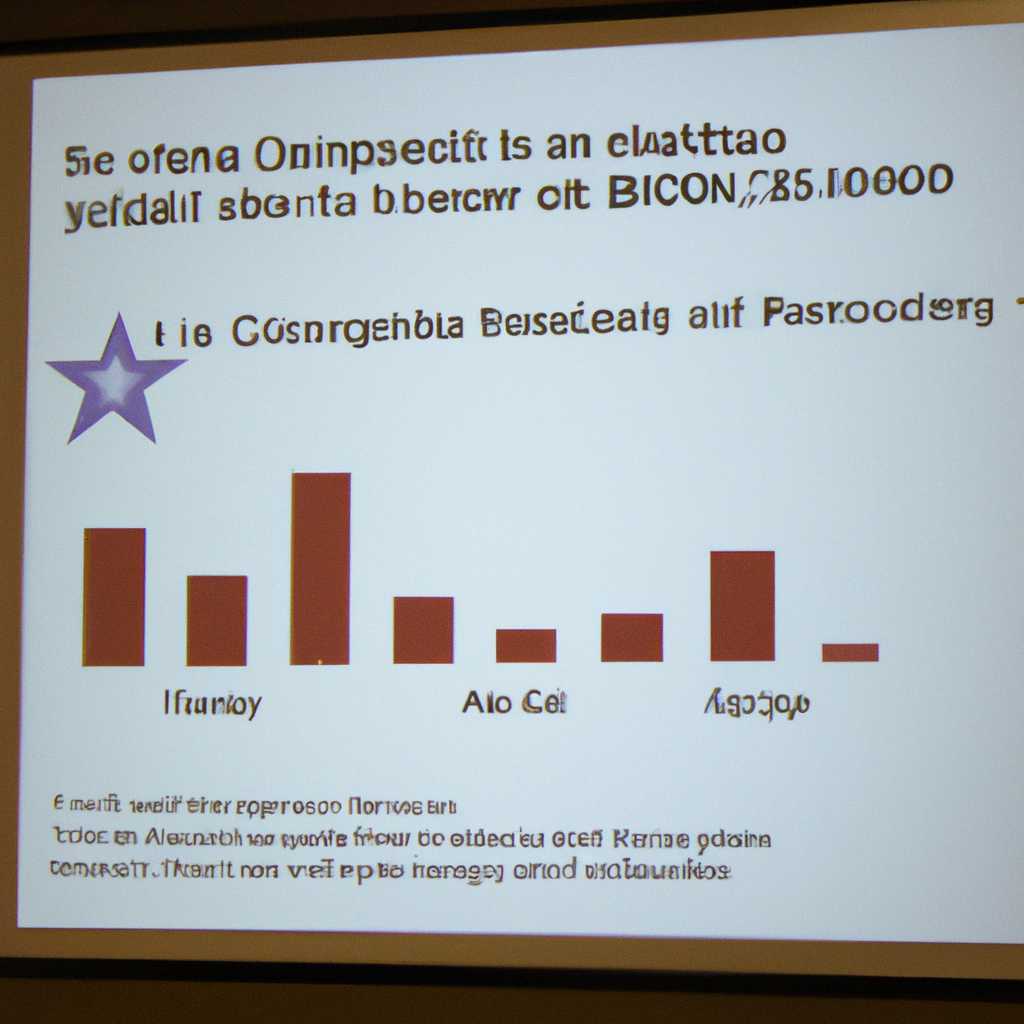In 1998 the US Congress passed the Iraq Liberation Act which declared it the policy of the US to remove Saddam Hussein from power. Though the Bush Administration publicly claimed that there were weapons of mass destruction in Iraq, evidence now suggests otherwise. Following the invasion of Iraq in 2003, the US Administration faced a difficult task of rebuilding a nation in chaos. Without a pre-invasion strategy for the sharing of power among the many factions in the country, a civil war broke out that resulted in the death of thousands of Iraqis and US troops. The US disbanded the Iraqi army and fired hundreds of thousands of members of Hussein's Baath party, including many schoolteachers. Despite the mistakes made during occupation, Iraq has seen incredible progress in the two decades since the war. It has held six democratic elections, produced its own constitution and seen its GDP rise from $20.9 billion to $208 billion. Literacy rates have also risen to nearly 90% and the average life span has gone from 67 to 72 before a pandemic. I
Though the costs of the war were great, it is important to recognize the heroism, perseverance and self-correction of the Americans who fought, worked and died in Iraq and the progress that has been made in the last two decades there. Despite the mistakes and negligence of the US occupation, Iraq is now more peaceful and prosperous than at any time during the past two generations. Thanks to the large educated population, the country is now a democracy albeit a fragile one, and foreign investors are investing in its growth. The Iraq War serves as a reminder of the importance of having a pre-invasion strategy and the need for humility when it comes to engaged in nation-building efforts.

